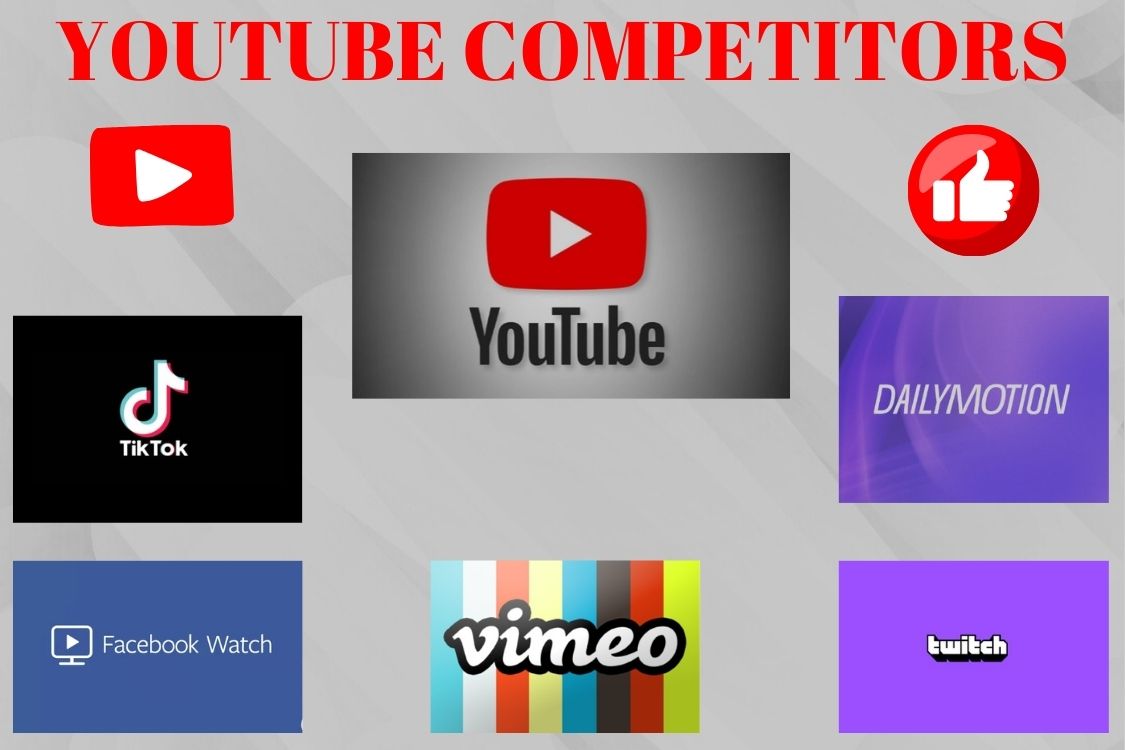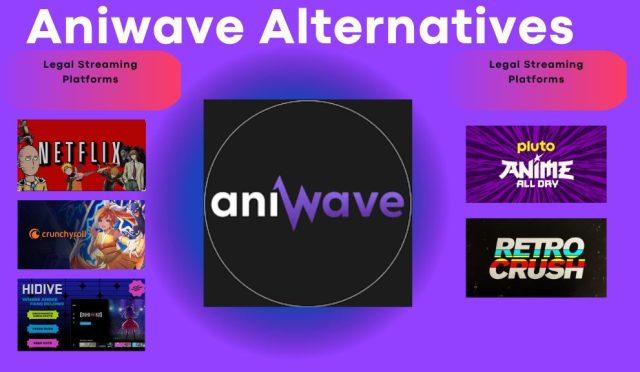Introduction
This analysis explores the dynamic landscape of online video platforms, where YouTube reigns supreme. The YouTube alternatives include a diverse array of platforms, from established video-sharing sites like Vimeo and Dailymotion to live streaming giants like Twitch and social media platforms with growing video capabilities like Facebook and TikTok. Understanding the strengths and weaknesses of these alternatives is crucial for content creators, advertisers, and viewers seeking the best platform for their needs.
Youtube and The Online Video Boom
YouTube has become the undisputed leader in online video, with billions of users watching and uploading videos every day. Its vast library of content, diverse creator community, and powerful monetization tools have made it a central hub for online video consumption and creation. However, the online video landscape is constantly evolving, with new platforms emerging, technologies advancing, and viewer preferences shifting.
Key YouTube Alternatives
This analysis delves deeper into some of the most prominent YouTube alternatives:
| Feature | YouTube | Vimeo | Dailymotion | Twitch | Facebook Watch | TikTok |
| Founded | 2005 | 2004 | 2005 | 2011 | 2017 | 2016 (Douyin, China), 2017 (TikTok, International) |
| Founder(s) | Chad Hurley, Steve Chen, Jawed Karim | Jake Lodwick, Zach Klein | Benjamin Bejbaum, Olivier Poitrey | Justin Kan, Emmett Shear, Michael Seibel, Kyle Vogt | (part of Facebook/Meta) | Zhang Yiming |
| CEO | Susan Wojcicki | Anjali Sud | Maxime Saada | Emmett Shear | (part of Facebook/Meta) | Shou Zi Chew |
| Mission | To give everyone a voice and show them the world. | To empower creators to tell stories that move the world. | To find and watch the videos you love. | To empower communities to create and share their passion. | (part of Facebook/Meta) | To inspire creativity and bring joy. |
| Employees | ~6,000 | ~1,000 | ~300 | ~1,800 | (part of Facebook/Meta) | ~8,000 |
| Headquarters | San Bruno, California, USA | New York City, New York, USA | Paris, France | San Francisco, California, USA | Menlo Park, California, USA | Culver City, California, USA & Singapore |
Market Share (Approximate) of the Youtube Alternatives
- YouTube: ~70% (dominant player in the global online video market)
- Facebook Watch: ~10% (leveraging Facebook’s vast user base)
- TikTok: ~8% (rapidly growing, especially among younger audiences)
- Twitch: ~4% (dominant in live streaming, especially gaming)
- Vimeo: ~2% (focuses on high-quality content and professional creators)
- Dailymotion: ~1% (smaller but still a significant player in some markets)
Note: These are rough estimates, and market share can vary based on region and demographics.
Product Range of the Youtube Alternatives
- YouTube: Video hosting, live streaming, short-form videos (Shorts), channel subscriptions, ad monetization, paid memberships (Premium).
- Vimeo: Ad-free video hosting, professional video tools, live streaming, monetization through subscriptions and rentals.
- Dailymotion: Video hosting, live streaming, partner program for monetization.
- Twitch: Live streaming (primarily gaming), chat interaction, subscriptions, donations, ad monetization.
- Facebook Watch: Video hosting, live streaming, original shows, integration with Facebook’s social network.
- TikTok: Short-form video hosting, music integration, special effects, challenges, live streaming, ad monetization, e-commerce features.
Strengths and Weaknesses of the Youtube Alternatives
YouTube

- Strengths: Huge user base, vast content library, strong brand recognition, powerful monetization tools.
- Weaknesses: Ad-heavy experience for free users, algorithm changes can affect creators, content moderation challenges.
Vimeo
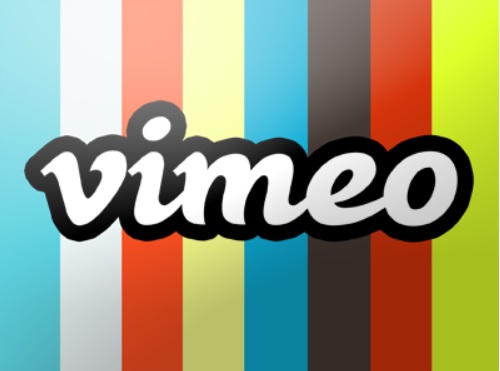
- Strengths: Ad-free viewing, high-quality video, focus on professional creators.
- Weaknesses: Smaller audience, limited free features, not as popular for general entertainment.
Dailymotion
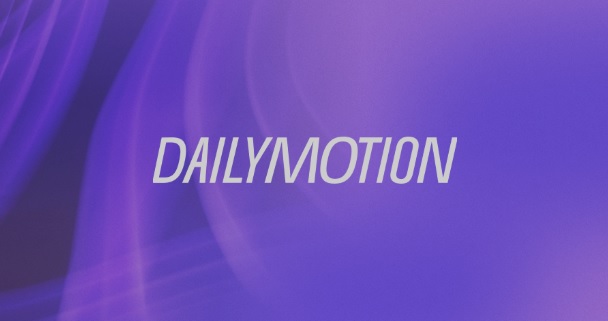
- Strengths: Wide range of content, easy monetization for partners.
- Weaknesses: Smaller audience, ad-heavy, interface may feel outdated.
Twitch
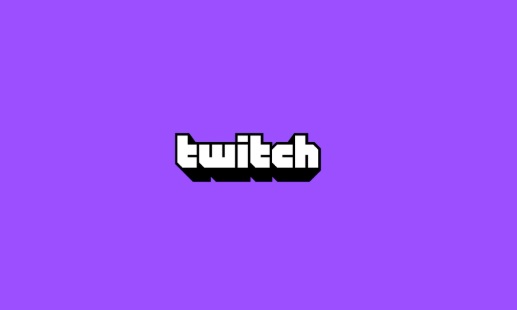
- Strengths: Strong community, interactive live streaming, dominant in gaming.
- Weaknesses: Niche focus, content discovery can be challenging, potential for toxicity.
Facebook Watch
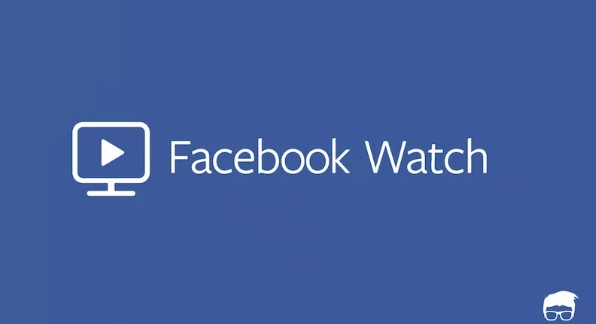
- Strengths: Huge user base through Facebook, integrated social features, original content.
- Weaknesses: Videos can get lost in the feed, less focus on creators compared to YouTube, user engagement with videos is mixed.
TikTok

- Strengths: Addictive short-form content, viral potential, strong engagement, popular among younger audiences.
- Weaknesses: Short video format limits content depth, privacy concerns, algorithm changes can impact reach, rapid trend shifts.
Investments and Future Plans of the Youtube Alternatives
- YouTube: Investing in AI for content recommendation and moderation, expanding its live streaming features, growing Shorts, and developing e-commerce integrations.
- Vimeo: Enhancing its professional video tools, expanding live streaming capabilities, and focusing on enterprise solutions.
- Dailymotion: Improving its platform experience, enhancing content discovery, and focusing on international growth.
- Twitch: Expanding into non-gaming content, improving creator tools, and enhancing community features.
- Facebook Watch: Focusing on original content, integrating videos more closely with Facebook’s social features, and enhancing discovery.
- TikTok: Expanding e-commerce features, focusing on long-form content, addressing regulatory concerns, and growing in international markets.
Head-to-Head Comparison of the Youtube Alternatives
- YouTube vs. Vimeo: YouTube caters to a broad audience with user-generated content, while Vimeo focuses on high-quality videos and professional creators.
- YouTube vs. Twitch: YouTube provides a platform for both recorded and live videos, while Twitch focuses exclusively on live streaming.
- YouTube vs. TikTok: YouTube features long-form videos and a broad range of content, while TikTok focuses on short-form content and entertainment.
Consumer Experiences and Preferences of the Youtube Alternatives
- Content Variety: YouTube offers the widest variety of content, catering to diverse interests.
- Content Quality: Vimeo prioritizes high-quality video and professional content.
- Live Interaction: Twitch offers the most interactive live streaming experience.
- Short-Form Entertainment: TikTok excels at short-form, addictive entertainment.
- Social Integration: Facebook Watch provides the most integrated social experience.
Customer Satisfaction of the Youtube Alternatives
- YouTube: Customer satisfaction varies widely, but it remains the most popular platform due to its content diversity and user base.
- Vimeo: Generally high satisfaction among professional creators and viewers seeking high-quality content.
- Twitch: Strong satisfaction among gamers and live streaming enthusiasts.
- TikTok: High satisfaction among younger audiences and those seeking short, entertaining content.
- Facebook Watch: Satisfaction depends on user engagement with Facebook’s broader ecosystem.
Conclusion
YouTube remains the dominant player in the online video market, but it faces competition from a variety of platforms with different strengths and weaknesses. The online video landscape is constantly evolving, and the battle for viewership is fierce. Content creators, advertisers, and viewers should carefully consider their needs and preferences when choosing a platform.
FAQ About YouTube Alternatives
What are some popular YouTube alternatives?
Some popular YouTube alternatives include:
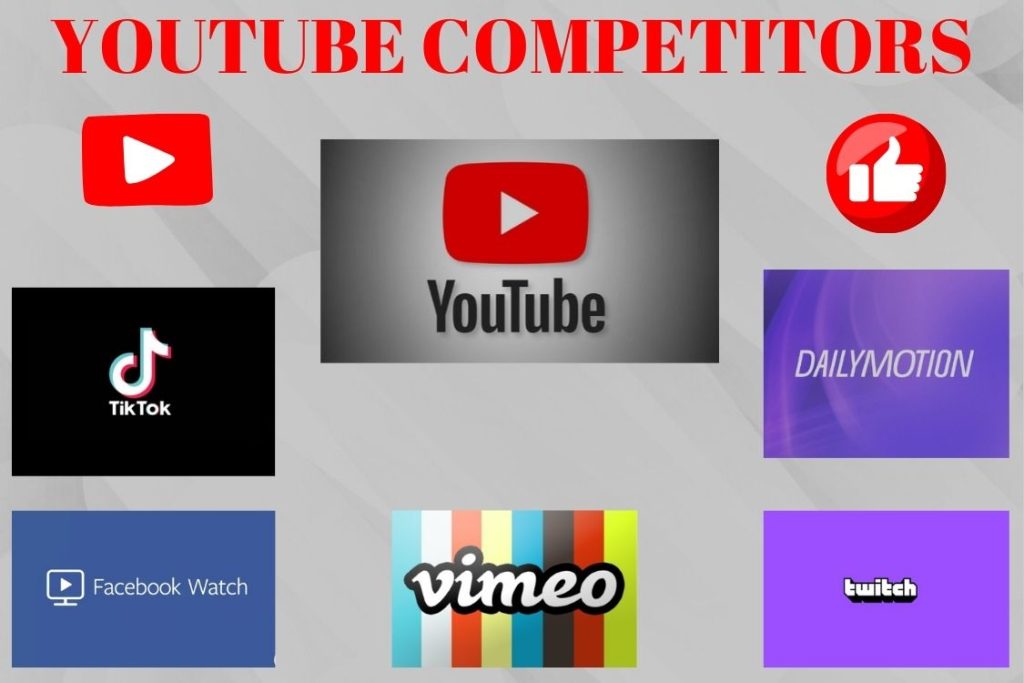
- Vimeo
- Dailymotion
- Twitch
- Facebook Watch
- TikTok
How does Vimeo differ from YouTube?
Vimeo focuses on high-quality video content and offers an ad-free experience. It is popular among professional creators and filmmakers, while YouTube caters to a broader audience with user-generated content and monetization options.
What makes Twitch a unique alternative to YouTube?
Twitch is primarily focused on live streaming, especially in the gaming community. It offers interactive features like chat and donations, creating a strong community engagement that differs from YouTube’s more traditional video format.
Why is TikTok gaining popularity as a YouTube alternative?
TikTok specializes in short-form video content that is highly engaging and easily shareable. Its algorithm promotes viral trends, making it particularly appealing to younger audiences looking for quick entertainment.
Is Facebook Watch a good alternative to YouTube?
Facebook Watch leverages Facebook’s vast user base and integrates social features, allowing users to discover and share videos easily. However, its focus on original content and integration with the Facebook ecosystem may not appeal to everyone.
What are the strengths of Dailymotion compared to YouTube?
Dailymotion offers a wide range of content and an easy monetization program for partners. However, it has a smaller audience and may not have the same level of brand recognition as YouTube.
Are there any downsides to using YouTube alternatives?
Yes, some downsides include:
- Smaller audiences on platforms like Vimeo and Dailymotion, which may limit reach.
- Less monetization potential on some platforms compared to YouTube’s extensive ad revenue options.
- Niche focus of platforms like Twitch, which may not cater to all types of content creators.
Which YouTube alternative is best for professional creators?
Vimeo is often considered the best choice for professional creators due to its focus on high-quality video content, ad-free experience, and advanced video tools.
Can I monetize my content on YouTube alternatives?
Yes, many YouTube alternatives offer monetization options, although the methods and potential earnings may vary:
- Vimeo: Monetization through subscriptions and rentals.
- Dailymotion: Partner program for monetization.
- Twitch: Subscriptions, donations, and ad revenue.
- Facebook Watch: Ad revenue and original content monetization.
- TikTok: Ad revenue and brand partnerships.
How do I choose the right YouTube alternative for my needs?
Consider the following factors:
- Content Type: Determine the type of content you create (e.g., live streaming, professional videos, short-form content).
- Audience: Assess where your target audience is most active.
- Monetization Options: Evaluate the monetization potential of each platform.
- Features: Look for specific features that align with your content strategy, such as live interaction or social integration.

